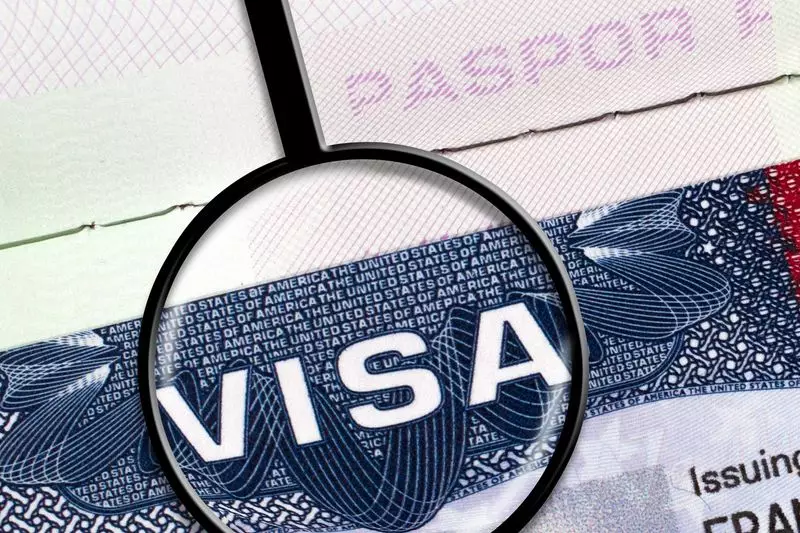
In a move that could significantly impact thousands of Indian professionals, US Congresswoman Anna Paulina Luna has announced plans to introduce legislation that would completely eliminate the H-1B visa programme. The Republican representative from Florida revealed her intentions during a recent interview, sparking concerns across the technology sector and among Indian workers seeking opportunities in the United States.
The Proposed Legislation and Its Rationale
Congresswoman Luna stated that her bill aims to terminate the H-1B visa system entirely, arguing that the programme has been misused to replace American workers with cheaper foreign labor. The proposed legislation comes amid growing scrutiny of the H-1B programme, which has long been a primary pathway for Indian technology professionals to work in the United States.
During her appearance on Fox News, Luna emphasized that her bill would address what she perceives as fundamental flaws in the current system. "We're actually putting a bill in this week to end the H-1B visa programme," she confirmed, highlighting her belief that the programme undermines American workers' opportunities.
Political Context and Support
The announcement comes at a politically charged moment, with immigration policy becoming a central issue in the upcoming presidential election. Luna's proposal aligns with former President Donald Trump's "America First" agenda, which has consistently advocated for stricter immigration controls and protection of domestic jobs.
Notably, Luna revealed that she has discussed her legislative initiative with President Trump, indicating potential high-level support within Republican circles. This development suggests that the bill could become part of a broader immigration reform package should Republicans regain control of the White House and strengthen their position in Congress.
Potential Impact on Indian Professionals
The elimination of the H-1B programme would have profound consequences for Indian nationals, who have historically been the largest beneficiaries of this visa category. Indian citizens typically receive between 70-75% of all H-1B visas issued annually, making this programme crucial for India's technology sector and its professionals seeking international experience.
The technology industry, which relies heavily on H-1B visa holders for specialized skills, would face significant workforce challenges if the programme were terminated. Major tech hubs across the United States, particularly in California, Texas, and New York, host substantial populations of Indian H-1B visa holders who contribute significantly to innovation and economic growth.
Industry representatives have consistently argued that the H-1B programme is essential for filling positions requiring specialized skills that are scarce in the domestic labor market. They contend that eliminating the programme would hamper American competitiveness in global technology markets and potentially drive companies to relocate operations overseas.
Broader Immigration Policy Implications
Luna's proposal represents the most radical approach to H-1B reform to date. While previous administrations have proposed modifications to the programme, including changes to wage requirements and lottery systems, complete elimination has not been seriously considered until now.
The congresswoman's announcement signals a potential shift toward more aggressive immigration restrictions, particularly concerning employment-based visas. This development occurs alongside other proposed immigration measures, including stricter border controls and reforms to asylum processes.
The bill's prospects remain uncertain in the current Congress, where Democrats control the Senate and could block such legislation. However, the proposal highlights the evolving debate around skilled immigration and sets the stage for potential future policy changes depending on election outcomes.
As the situation develops, Indian professionals and the technology industry worldwide are closely monitoring these legislative efforts, recognizing that the elimination of the H-1B programme would fundamentally reshape global talent mobility and international business operations.





